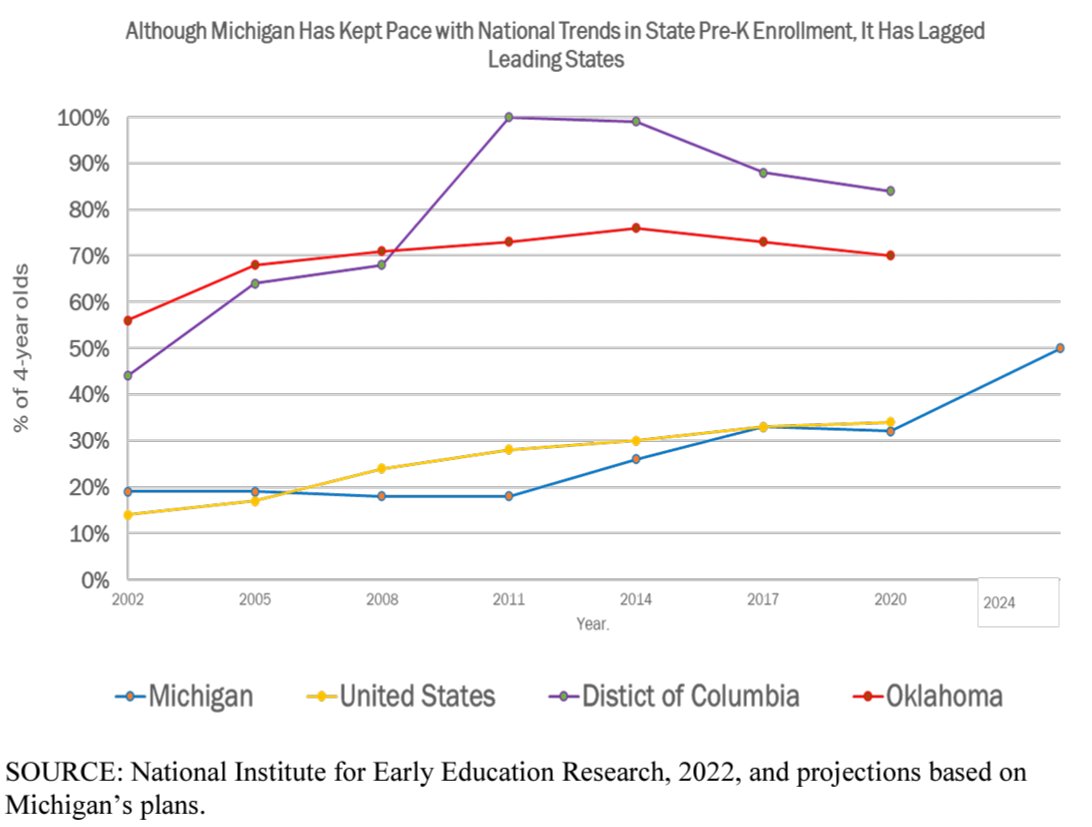
How to get URL link on X (Twitter) App

https://twitter.com/ProfSchleich/status/1594120200298840064At fed level, as I've mentioned in a number of publications, TVA seems to have boosted jobs in TVA region by 250K, at cost per job of roughly $80K. See Kline and Moretti. academic.oup.com/qje/article-ab…
https://twitter.com/petercoy/status/1593709525881823232The article makes many useful points, including: governments have trouble doing targeting, past efforts have had mixed results, success ultimately should be judged by effects on PEOPLE in distressed places, & success depends on exploiting various multipliers, such as via clusters

https://twitter.com/UpjohnInstitute/status/1537048788237418496The short @UpjohnInstitute research highlight, w/ links to report (160 pp) & policy brief (4 pp) can be found here: upjohn.org/research-highl…

https://twitter.com/UpjohnInstitute/status/1536739084047114246The key point: research supports that HIGH-QUALITY pre-K has long-run effects on "authentic" adult outcomes,such as educational attainment and earnings. Research that seems to suggest otherwise is frequently on pre-K that is low-quality,or focuses on medium run test score effects

https://twitter.com/JaminSpeer/status/1337404610470944773Now, FDA might have approved more rapid albeit imperfect tests, and considered challenge trials. And govt should have reserved more doses. But faster solutions do not require throwing out commonsense ethics & standards.


https://twitter.com/rodrikdani/status/1336676829223145480I participated in a seminar chaired by @rodrikdani on good jobs by @InequalityHKS . I think video will be posted soon. Here is a link to my 7-minute speech draft (pdf listed under additional files) and the powerpoints (the download button):research.upjohn.org/presentations/…
https://twitter.com/UpjohnInstitute/status/1308758263580639232And what is evidence for persistence? As report reviews, between 2000 and 2014-18, correlation in prime-age employment rate in local labor markets is 0.88.

https://twitter.com/S_Stantcheva/status/1295706812587491329I guess I do have to wonder whether people interpret this question, which is about LONG-RUN effects on DEFICIT, not revenue, as simply: are middle-class tax cuts "good", which means they must reduce this "bad thing", the deficit?
https://twitter.com/econstrategygrp/status/1290980874784092160We need to understand that distressed local labor markets are often not due to inevitable economic forces, but due to bad luck and bad policy, which leads to a self-reinforcing cycle of decline. In many cases, distress begins when an area is hit harder by a recession. (2/N)
https://twitter.com/philadelphiafed/status/1288829170789896195The webinar featured as speakers: Marianne Bertrand, prof of econ at Chicago Booth; Chi Mac, Small Business Research Lead at JP Morgan Chase Institute; Maurice Jones, President and CEO of LISC, @LISCMaurice
https://twitter.com/TroelsAdrian/status/1288540907625525248My thanks to @IEDCtweets & @jeffryfinkle for inviting me.

https://twitter.com/mikemadowitz/status/1285939655297433601(2) What about fiscal feedback benefits, a la recent QJE paper by @nhendren82 & @bsprungkeyser ? Could lower net costs per job a lot. scholar.harvard.edu/hendren/public…
https://twitter.com/UpjohnInstitute/status/1285198271137234945My focus is on helping distressed local labor markets, defined as local areas with low employment rates. Redistributing jobs to those places can boost permanent employment rates in those areas, reducing social costs & increasing the overall national employment rate.
https://twitter.com/jvey1/status/1282778925316399104Specifically, the piece argues that calling a place "distressed"